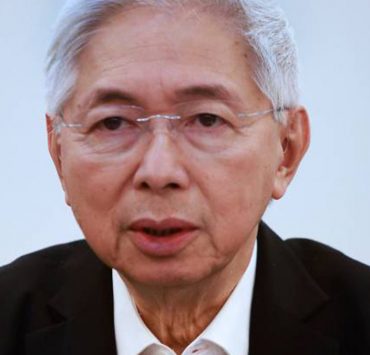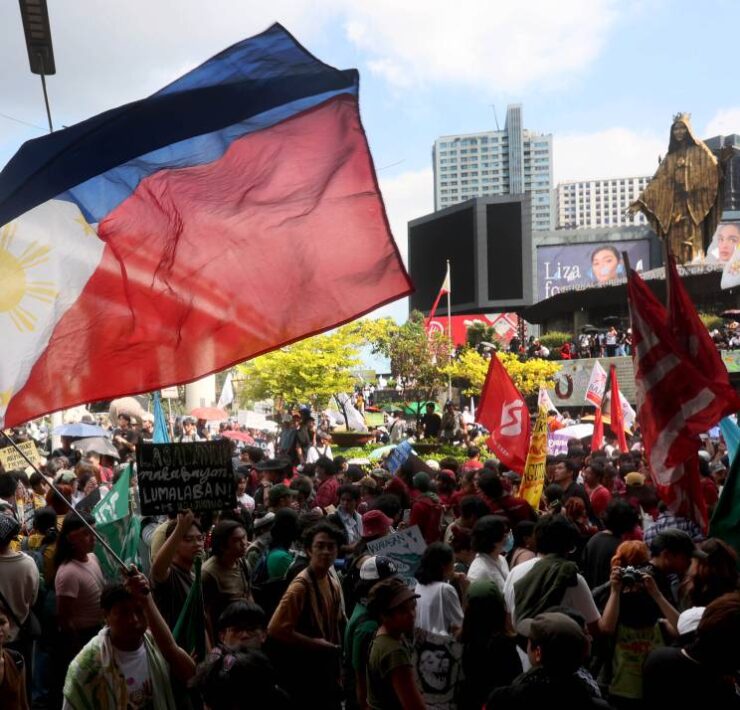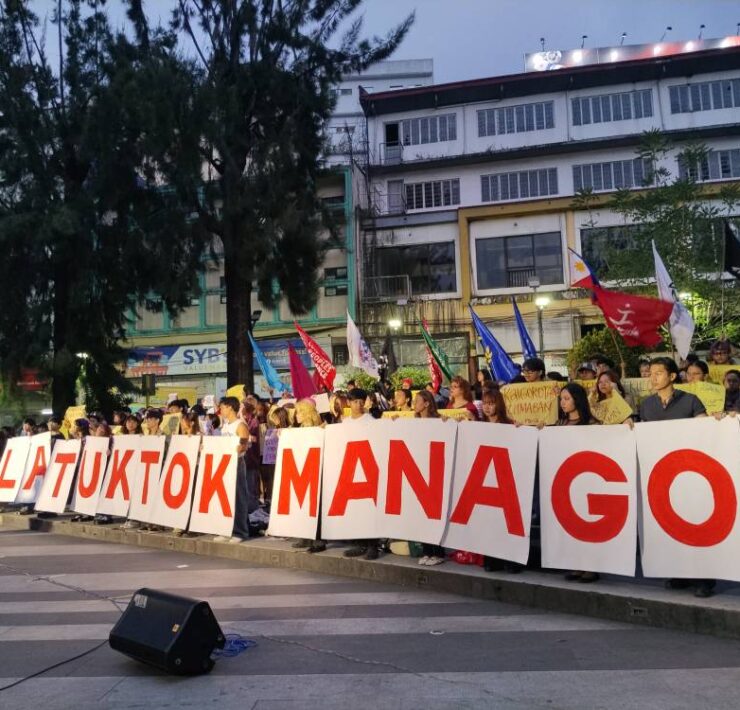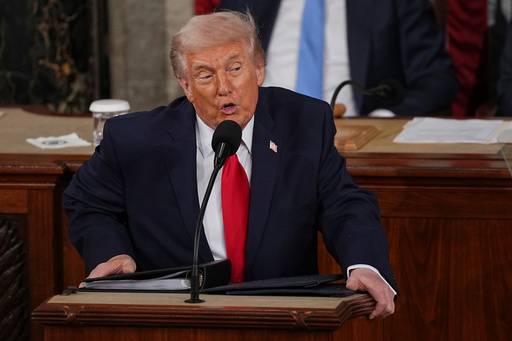More ‘hot money’ exited PH in June

More short-term foreign funds left the Philippine stock and bond markets in June as geopolitical tensions, including fierce encounters in the West Philippine Sea, unnerved investors.
Data released on Wednesday by the Bangko Sentral ng Pilipinas (BSP) showed net outflows of foreign portfolio investments (FPIs) amounting to $27 million in June, a reversal from the $43-million net inflows posted in May.
Also known as “hot money” because of their tendency to leave at the first sign of trouble, FPIs are highly sensitive to developments onshore and offshore unlike firmer commitments such as foreign direct investments, which tend to stay longer and can generate more jobs for Filipinos.
A net outflow means more of these short-term foreign funds left the economy against those that entered during a period, while a net inflow means the reverse happened.
Among the major domestic developments in May that caused unease to investors were China’s water cannon attacks on some Philippine vessels in the West Philippine Sea, said Michael Ricafort, chief economist at Rizal Commercial Banking Corp.
The possibility of a second Donald Trump presidency in the United States is also prompting investors to flee to safe haven assets, Ricafort added. But he said bargain hunters at the local stock market and “better” earnings reports might attract more inflows.
“Increased fundraising activities amid the recent improvement in market conditions in the global and local financial markets would also help contribute to some improvement in net foreign portfolio investments data, going forward,” Ricafort said.
BSP data showed the net outflow in June had trimmed the six-month hot money net inflow to $81 million, still far from the central bank’s full-year 2024 projection of $3.1-billion net inflow. But it was nevertheless a turnaround from the $804-million net outflows a year ago.
Dissecting the BSP’s report, gross FPI inflows fell by 1 percent month-on-month in June to $1 billion. Around 52 percent of these flighty foreign funds were invested in government securities like Treasury bonds and Treasury bills, while the rest were bets placed on publicly listed companies.
But $1.1 billion of hot money left the country in June, up by 6 percent from the preceding month.
The United States remained the top destination of hot money that exited the Philippines, siphoning $597 million or 55.8 percent of total. —Ian Nicolas P. Cigaral INQ





















